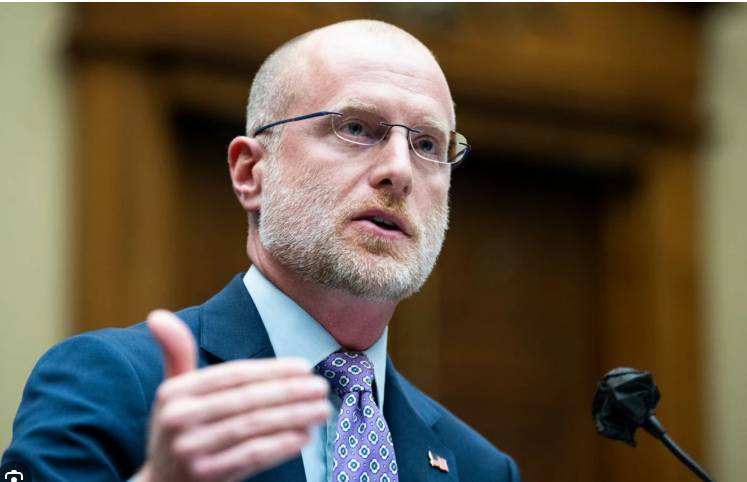President-elect Donald Trump has selected Brendan Carr, a Republican known for his vocal criticism of Big Tech, to lead the Federal Communications Commission (FCC). Carr, who has served as an FCC commissioner since 2017, is expected to end the regulatory policies that Trump claims have hindered job growth and innovation. In a statement, Trump praised Carr as a “warrior for free speech” and criticized what he called the “regulatory onslaught” that has stifled American freedoms and the economy.
Carr, who has voiced concerns about censorship by social media platforms, reiterated the need to prioritize free speech in the wake of his appointment. “We must dismantle the censorship cartel and restore free speech rights for everyday Americans,” Carr said in a post on X (formerly Twitter).
While the FCC is traditionally responsible for regulating broadcast and broadband services, Carr has called for the agency to expand its oversight to include major tech companies such as Google, Apple, Meta, and Microsoft. In a chapter of Project 2025, a policy blueprint from the conservative think tank The Heritage Foundation, Carr argued that Section 230 of the Communications Act— which shields tech platforms from liability for user-generated content—should be reformed to curb what conservatives see as widespread censorship and viewpoint discrimination by tech companies.
Carr’s appointment signals a shift in the FCC’s role in overseeing the tech industry. In his congratulatory statement to Trump, Carr emphasized the FCC’s crucial role in “reining in Big Tech” and ensuring that broadcasters serve the public interest.
Carr made headlines before the election when he accused NBC of violating “equal time” rules by hosting Democratic vice-presidential nominee Kamala Harris on Saturday Night Live. He called on the FCC to investigate the network and suggested that “every single remedy,” including the revocation of licenses, should be considered for networks that breach broadcasting standards.
Carr’s views have raised alarms among liberals, who fear that his leadership could politicize the FCC. Critics argue that limiting Section 230 could undermine content moderation and risk turning the internet into a “cesspool.” Adam Kovacevich, CEO of the pro-tech trade group Chamber of Progress, warned that Carr’s plan to attack Section 230 could force online platforms to host harmful content.
Democratic strategist Max Burns also expressed concern, suggesting that Carr’s appointment aligns with Trump’s broader agenda to use the FCC as a “weapon” against media outlets that the president dislikes.
Currently, the FCC is composed of three Democratic appointees and two Republicans. However, with Chairwoman Jessica Rosenworcel’s term set to expire next year, Trump will have the opportunity to shift the balance of power on the commission.










